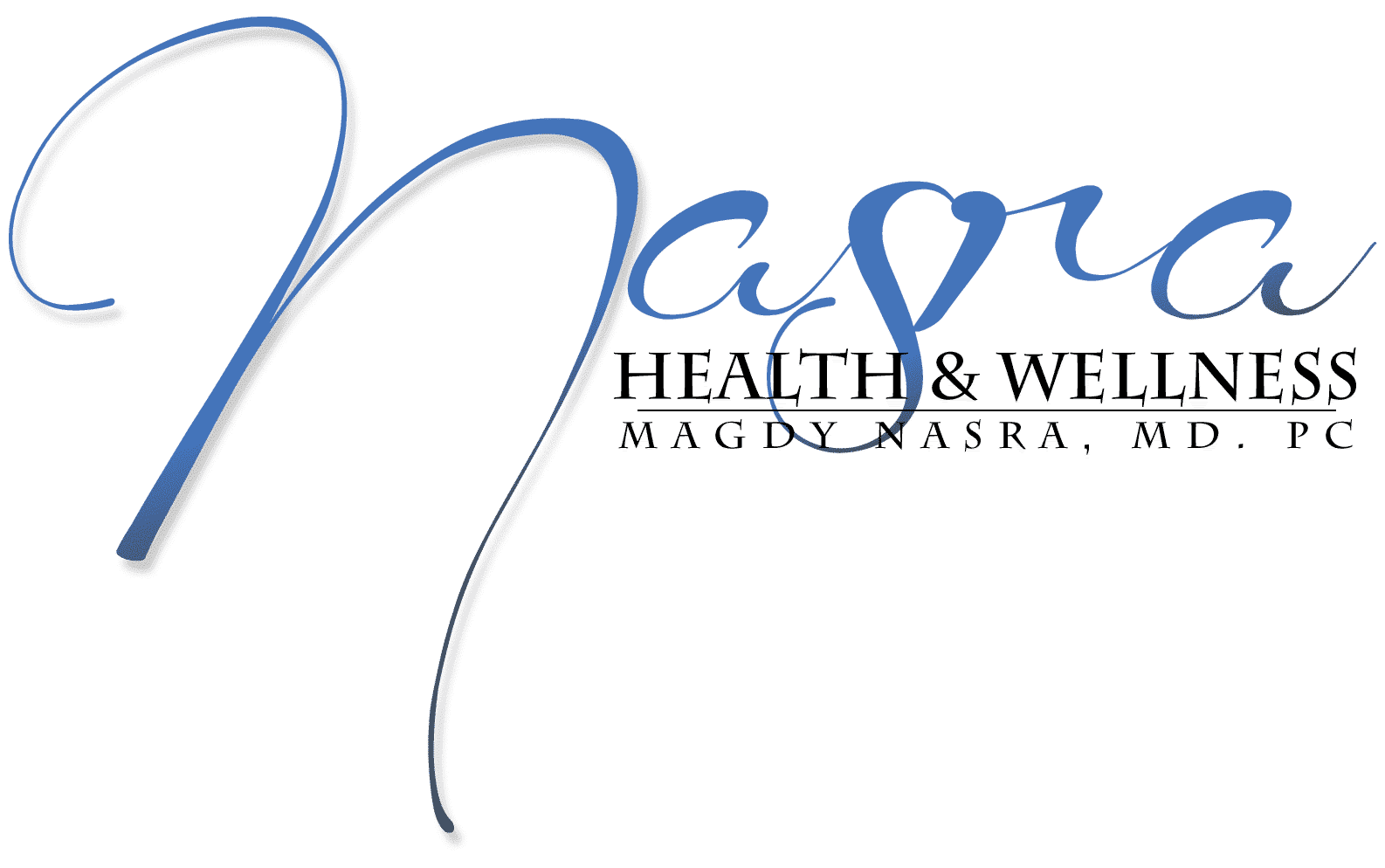Is Medical Marijuana Legal In New Jersey?
Yes. The State of New Jersey enacted the New Jersey Compassionate Use Medical Marijuana Act on January 18, 2010. This removed criminal penalties for registered qualified patients possessing marijuana for medical purposes. However, the law was slow to be implemented. Finally, in December 2012 the first ATC, Alternative Treatment Center, opened. There are now six ATCs in New Jersey.
What Conditions Make A Person Eligible For Medical Marijuana In New Jersey?
Patients must be certified by their doctor to apply for registration for the medical use of marijuana in New Jersey. The patient must have one of these debilitating medical conditions:
- Amyotrophic lateral sclerosis (ALS)
- Anxiety
- Chronic pain related to musculoskeletal disorders
- Chronic pain of visceral origin
- Migraine headaches
- Multiple sclerosis
- Opioid Use Disorder as an adjunct to Medication
Assisted Therapy:
- Terminal cancer
- Muscular dystrophy
- Inflammatory bowel disease, including Crohn’s disease
- Terminal illness, if the physician has determined a prognosis of less than 12 months of life
- Tourette’s Syndrome
The following conditions apply, if resistant to, or if the patient is intolerant to, conventional therapy:
- Seizure disorder, including epilepsy
- Intractable skeletal muscular spasticity
- Glaucoma
- Post-Traumatic Stress Disorder (PTSD)
The following conditions apply, if severe or chronic pain, severe nausea or vomiting, cachexia or wasting syndrome results from the condition or treatment thereof:
- Positive status for human immunodeficiency virus
- Acquired immune deficiency syndrome
- Cancer
What Is The First Step To Obtaining Medical Marijuana In New Jersey?
Now that you have found a registered medical marijuana physician, you can schedule your first appointment for the assessment process to certify that you have an approved debilitating medical condition to participate in the New Jersey Medical Marijuana Program. You will need a total of 4 visits before you are eligible to receive your medical card.
What Forms And Dosage Amounts Of Medical Marijuana Are Allowed?
Patients may buy no more than 2 ounces of dried cannabis a month. Currently, only cannabis flower is available in five of the six state dispensaries. Patients can buy whole flower (in 1/8 oz and ¼ oz packages), pre-rolled cones (in packs of seven .5 gram pre-rolled cones), and pre-ground flower for edibles (in 1/8 oz and ¼ oz packages). Your physician will determine the proper dosage, which is simply the amount you buy and use.
There is discussion underway to add 12 new dispensaries and to allow dispensaries to include edibles and oils, but these are not yet law. There is also a discussion to increase the allowed monthly maximum for purchase to double to 4 ounces.
How Often Are Follow-Up Appointments?
Once a patient starts using medical marijuana, he or she is required to attend follow-up visits with their doctor every 90 days to monitor their condition.
Do I Have To Smoke Medical Marijuana?
No, you can make edibles quite easily using pre-ground cannabis flower. You can also make cannabis oil at home without too much difficulty. You can inhale the cannabis through a vaporizer that turns it into a mist, rather than smoke. Smoking or inhaling vaporized cannabis delivers the fastest effects while eating it can take 1 to 2 hours to experience effects.
There is a discussion in the governor’s office and the legislature about allowing the sale of edibles in state dispensaries, although at this point it is still not allowed.
How Do I Use Medical Marijuana Without Getting High?
Cannabinoids are a group of active chemical compounds found in marijuana that interact with specific cannabinoid receptors present in the human central nervous system leading to altered moods, pain relief, and other medical benefits. The cannabis plant has at least 111 cannabinoids. The two of the most important are tetrahydrocannabinol (THC) and cannabidiol (CBD). The “high” that comes from marijuana comes from the THC in it. CBD tends to counteract the psychoactive effects of THC. So, flowers with more CBD and less THC won’t get you high, but will still help your medical problem.
Is Medical Marijuana Safer Than Opioids For Pain Management?
Medical marijuana is far safer. There has never been a case of a person dying from overdosing on marijuana. In contrast, 130 Americans die every day from opioid overdose. Also, it is estimated that only 1 to 2 percent of marijuana users become addicted to it, while it is estimated that upwards of 2.5 million Americans are addicted to opioids.
Do Many People Get Relief From Their Chronic Pain With Medical Marijuana?
The majority of medical marijuana users across the country use cannabis to relieve their chronic pain. A recent study from the University of Michigan found that 62.2 percent of medical cannabis license holders say they are seeking treatment for a condition with chronic pain. Studies have found overall about three-quarters of people report that medical marijuana has helped reduce their pain. This also allows many of them to either stop using opioids or to dramatically curtail the amount of opioids they require.
Schedule A Consultation
If you would like to learn more about medical marijuana, contact our office at 732-888-8255 to schedule a consultation today.
